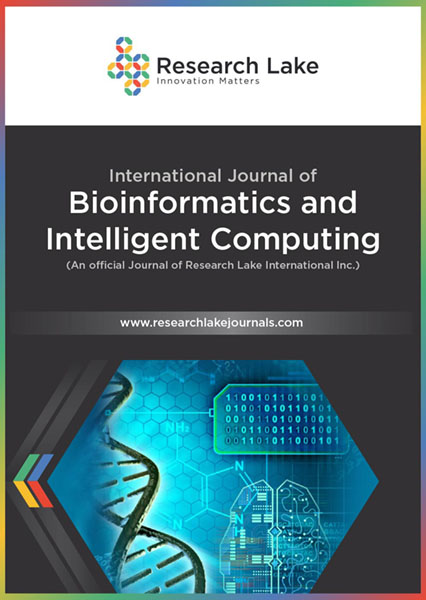Implementation of a Noise Filter for Grouping in Bibliographic Databases using Latent Semantic Indexing
Abstract
Clustering algorithms can assist in scientific research by presenting themes related to some topics from which we can extract information more easily. However, it is common for many of these clusters to have documents that have no relevance to the topic of interest, thereby reducing the quality of the information. We can manage the reduced quality of information of clusters for a bibliographic database by dealing with noise in the semantic space that represents the relations between the grouped documents. In this work, we sustain the hypothesis of using the Latent Semantic Indexing (LSI) technique as an efficient instrument to reduce noise and promote better group quality. Using a database of 90 scientific publications from different areas, we pre-processed the documents by LSI and grouped them using six clustering algorithms. The results were significantly improved compared to our initial results that did not use LSI-based pre-processing. From the perspective of individual performance of the algorithms demonstrating the best results, CMeans was the one that got the highest average gain, with approximately 25%, followed by K-Means and SKmeans, with 17% each; PAM, with 16.5%; and EM, with 15%. The conclusion is that Latent Semantic Indexing has proven to be a helpful tool for noise reduction. We recommend its use to improve the cluster quality of bibliographic databases significantly.
Copyright (c) 2023 Murilo Marques Armelin Gomes, William Ferreira dos Anjos, Arun Kumar Jaiswal, Sandeep Tiwari, Preetam Ghosh, Debmalya Barh, Vasco Azevedo, Anderson Santos

This work is licensed under a Creative Commons Attribution-NonCommercial 4.0 International License.
Copyright © by the authors; licensee Research Lake International Inc., Canada. This open-access article is distributed under the terms of the Creative Commons Attribution Non-Commercial License (CC BY-NC) (http://creative-commons.org/licenses/by-nc/4.0/).




















